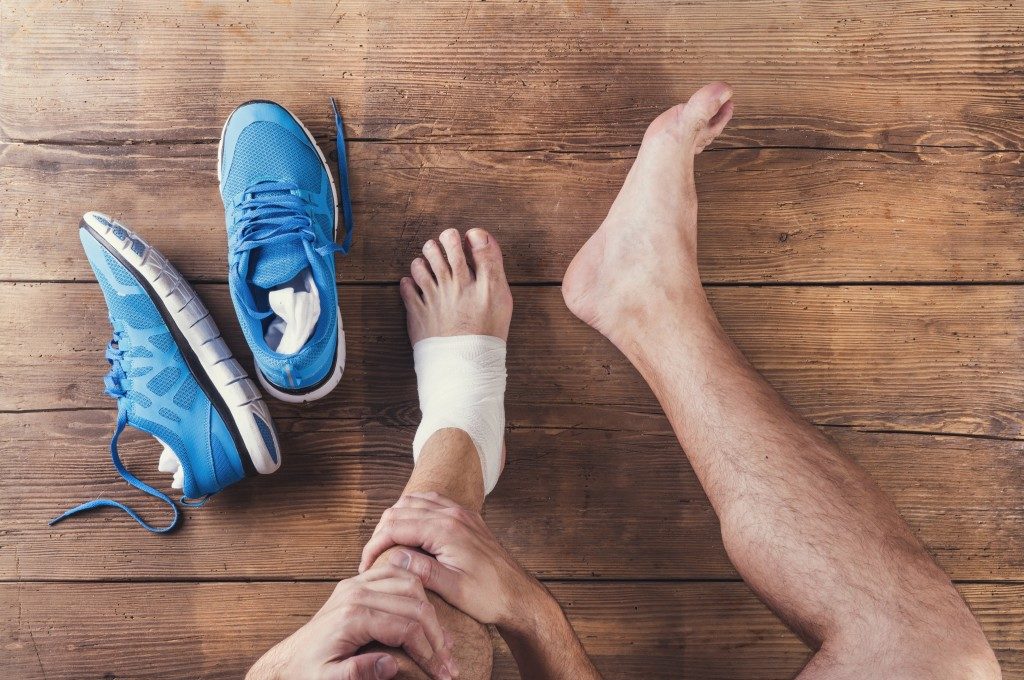A serious injury is one of the biggest setbacks of an athlete. When this happens, it is not only his physical state that gets affected. His mind can also be tormented with uncertainties. This mindset would only let him sink deeper. How must an athlete deal with life after an injury?
Focus on Your Healing
An athlete always has a goal. He has a one-track mind and the power to drop any distractions in achieving that goal. It is beneficial to use this mindset in your recovery. If you need support gears like a back and shoulder support brace, treat it as a training outfit.
Another thing you should do is to be conscientious in following your rehabilitation program. This is your current one, so it’s essential to your recovery. Have open communication with your doctor and therapists. They’re the ones who can truly help you heal and recover. Practice . Set aside your old goals such as the finish line, a gold medal, or the MVP award. Your new and only goal at the moment is your healing. Recovery is your sport at the moment.
Having this way of thinking will help you speed up your recovery. You must see your rehabilitation as a way of improving yourself and not as the end of the road.
Embrace Your Sadness and Move Forward
An athlete may be seen as somebody strong and invincible. But, when life hits you hard, no rule says you cannot crumble. Deal with your grief, go through the motions. Then, like a pro athlete, dust yourself off and stand up. Not acknowledging your negative emotions would hinder you to move forward.
Accepting the enormity of the impact of your injury could help you course out your next steps. For some, it is a temporary setback. They could return to their sports after they have recovered. For others, their injuries serve as a turning point for them to change directions. Whatever it is for you, enter into your new season with determination. Bring with you the life skills that you have acquired throughout your time as an athlete.
The Only Time is the Present

When dealing with an injury, an athlete has a way of wallowing on “if-only” and “could-have-been.” This is like being trapped in the past. Some athletes go overboard with a positive mindset. They only imagine life after recovery. This is like putting faith in an unforeseen future.
Both of these strategies are ineffective and can be heartbreaking. The only effective way to deal with an injury is to stay at the present and deal with what is on your plate at the moment. Being grounded in the reality of your situation would help you to stay focused.
Seek Out Support
Do not isolate yourself from others. Your family is your strongest support system. They will help you even as you carry out your rehabilitation program. Your coach and teammates can be a great source of moral support. Chances are, one or a few of them had experiences with an injury. They could give you pieces of advice and comfort.
If you feel the need to seek professional help, feel free to do so. Having a counselor might help you sort out your emotions and help you clear your perspective.
An injury may take an athlete by surprise. But, an excellent sportsman will square his shoulders and straighten his back. Then deal with this curveball that life has thrown at him.

